A diverse set of Information and Communication Technologies—with Artificial Intelligence (AI) as the core general-purpose technology—is rapidly changing the world of work.
While debates in the Global North transpire around adapting well-functioning institutions to exponential technological change, down in the Global South the main risk is repeating the Needham Question: new forking paths in terms of technological change and development.
Thus, the critical challenge in the South has to do with fostering technological innovation and making it inclusive by design. Key questions in this regard are: Which jobs are likely to emerge in the future? What skills will be in demand in an AI-driven world of work? Will automation aggravate unemployment in the Global South? What will the impact of the gig economy be for workers in emerging economies?
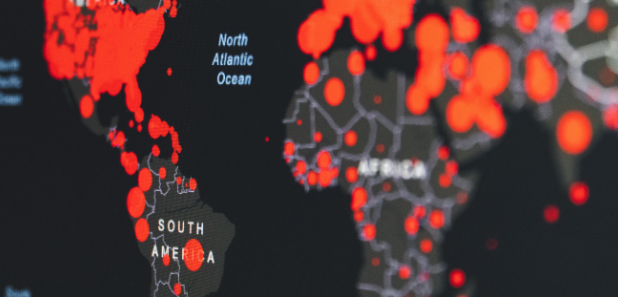



Ramiro is a Principal Investigator at CIPPEC’s Economic Development Program and a Macroeconomics professor at the University of Buenos Aires. He is an Associate Researcher at the Center for the Study of State and Society (CEDES) and at the Commitment to Equity Institute (CEQ) at Tulane University, as well as a member of the T-20 “Technological Change and the Future of Work” task force.A
Megan is a Coordinator at CIPPEC’s Economic Development Program. She has a Bachelor’s and a Master’s degree in Economics and a Master’s degree in Public Management. Before joining CIPPEC, Megan was a Project Coordinator at the Argentinian public sector, where she led initiatives related to Open Government, Open Data, and the measurement of the digital economy.
Rocío is a consultant at CIPPEC’s Economic Development Program. She studied International Relations at the University of Salvador (USAL) and is a teaching assistant of International Economy in the University She is also a member of the Electoral Observatory of the Conference of Political Parties of Latin America and the Caribbean (COPPPAL). During the past years, Rocío worked in the Communication team of CIPPEC.

Founding Director at Tandem Research

Director at CEDLAS

Researcher, Center for Distributive, Labor and Social Studies (CEDLAS), National University of La Plata

Researcher at Development Bank of Latin America and CEDLAS

Director, Centre for IT and National Development Africa (CITANDA), University of Cape Town
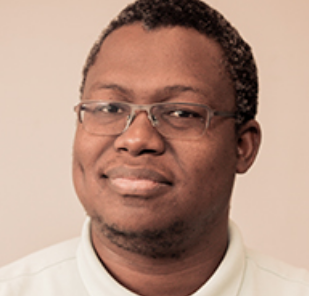
Lecturer & PhD Candidate Dept. of Information Systems, University of Cape Town
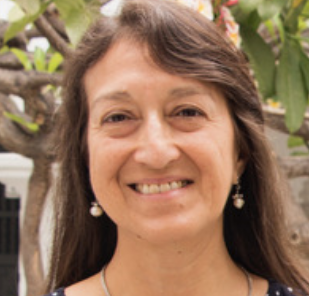
Senior Researcher at Institute of Peruvian Studies
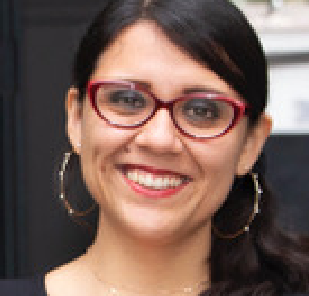
Researcher at Institute of Peruvian Studies
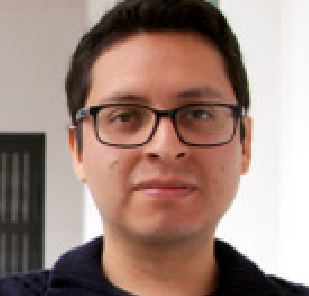
Researcher at Institute of Peruvian Studies
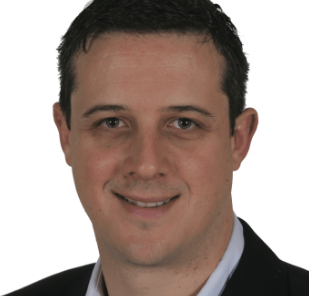
Associate Professor, Economics Department, University of Stellenbosch
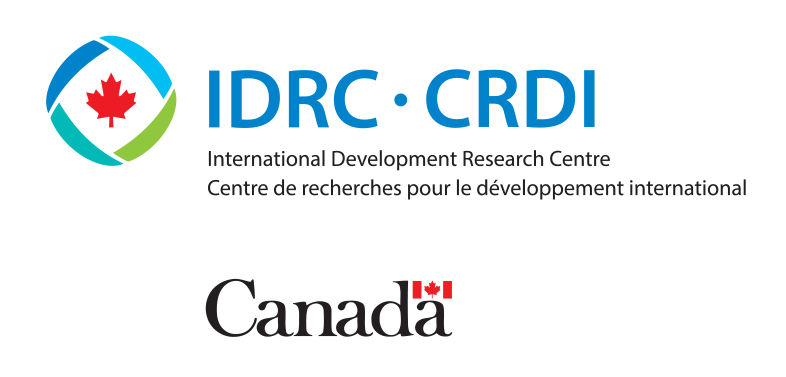



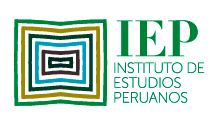

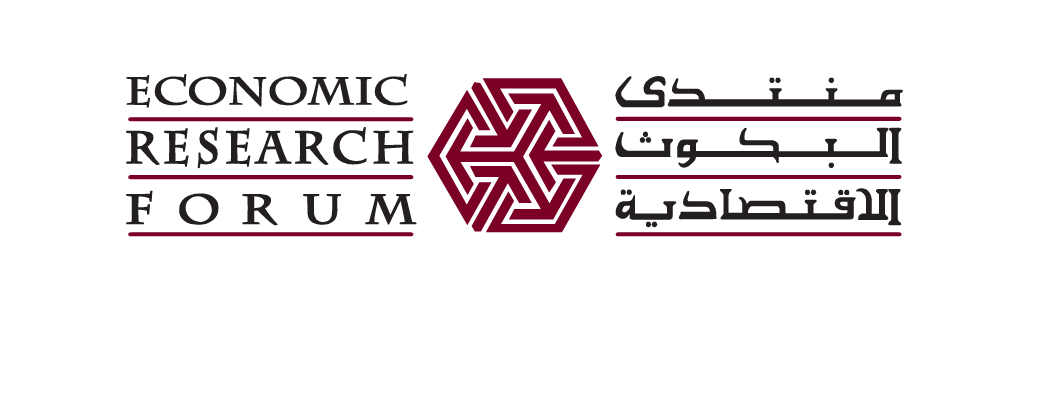
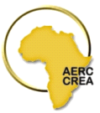

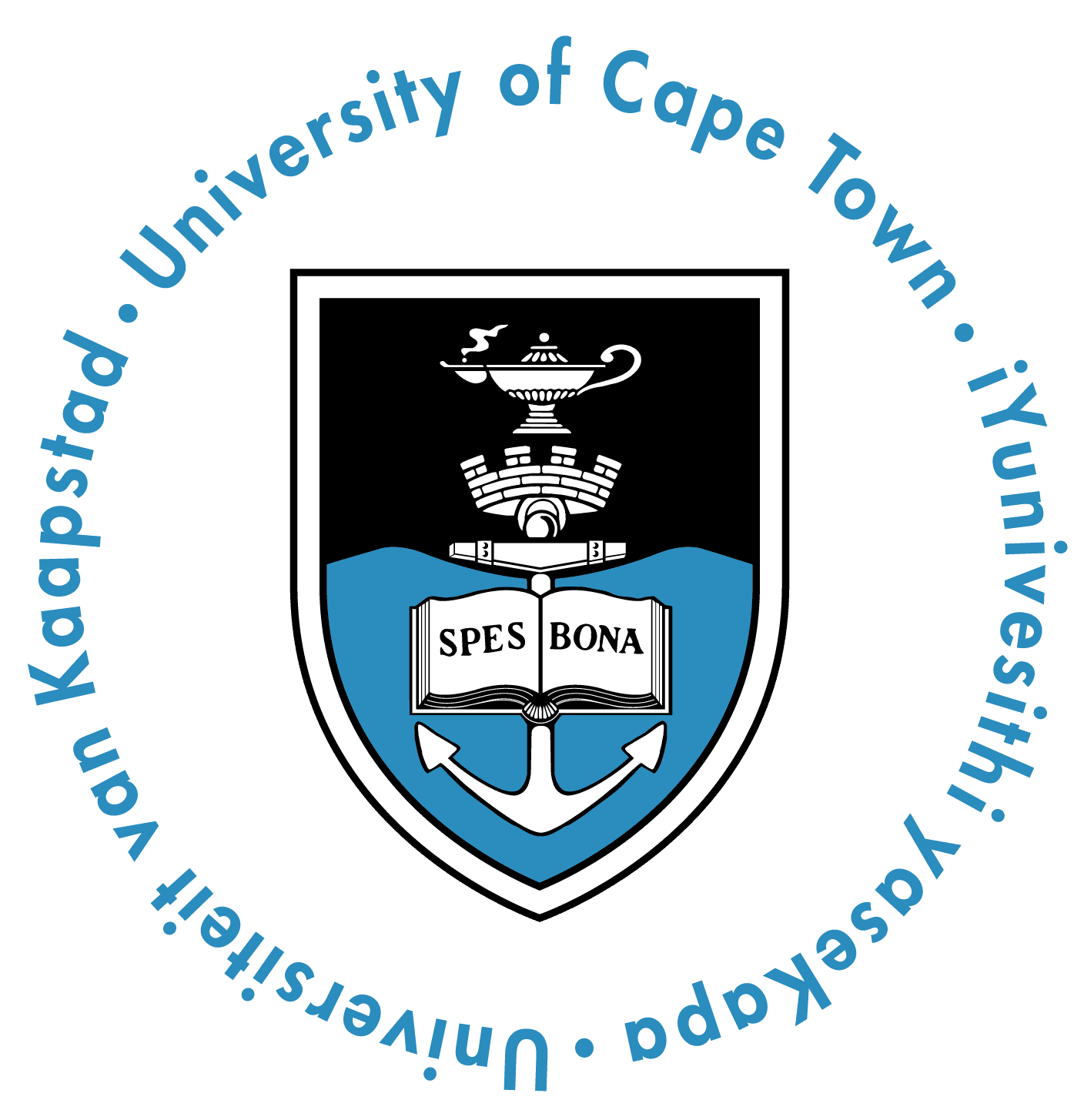


IDRC has launched FOWIGS—a research program that will help understand how these changes are affecting the lives of the most vulnerable and suggest pathways for an inclusive digital future. The challenges are large and the questions are complex. But we need to face them now more than ever. Stay connected. Learn how.